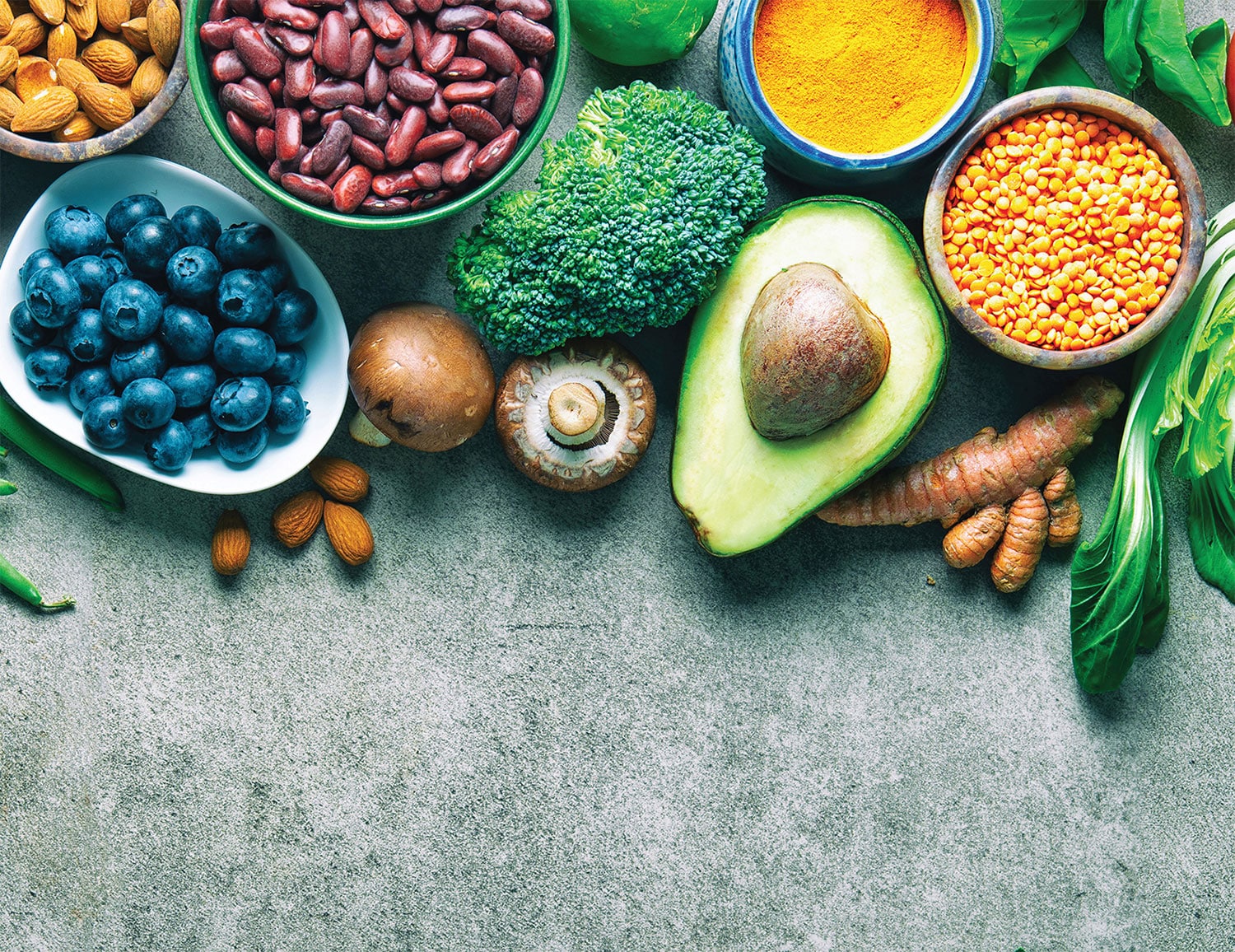AFTER A CANCER DIAGNOSIS, it’s common for patients to pair conventional treatments like chemotherapy and radiation with alternative mean of addressing their health concerns, such as nutritional supplements.
Their intentions can range from improving their nutrition to dealing with treatment side effects, but “a big reason is that cancer patients and survivors are looking to gain a sense of control over their disease,” says Nina Sanford, a radiation oncologist who led a study on use of complementary and alternative medicines published in the May 2019 issue of JAMA Oncology.
In separate research published May 7, 2019, in the Annals of Internal Medicine, Fang Fang Zhang, a cancer epidemiologist at Tufts University in Boston, and her colleagues looked at data from 30,000 respondents to the National Health and Nutrition Examination Survey collected from 1999 to 2010, as well as mortality data for the group. They found that supplements did not decrease the risk of death from any cause, and that taking 1,000 milligrams or more of calcium supplements daily was associated with an increased cancer mortality risk. However, those who got their calcium from food, not supplements, did not have an increased risk of dying from cancer.
Zhang says that having these nutrients come from food provides multiple benefits. “When we eat food, we don’t just eat a single nutrient,” she says. Also, food-based nutrients may be regulated by the body in a way that makes food a better source of nutrients for the general population than supplements, she explains. Nonetheless, some populations, such as people with medical conditions affecting nutrient absorption, people on vegetarian and vegan diets, and elderly people, may not be able to get all of the nutrients they need from food, Zhang says. Populations with specific nutritional needs should consult their doctors about the use of dietary supplements.
Sanford, too, encourages her patients to speak up about the supplements they are using or considering using. In her study, more than 10% of cancer survivors did not tell their health care providers about supplements, often saying that physicians didn’t ask or that they didn’t feel that their providers needed to know. “In general, I don’t think providers would be upset” if their patients ask about supplements, she says. “We would be happy to learn [about supplements] along with our patients.”
Cancer Today magazine is free to cancer patients, survivors and caregivers who live in the U.S. Subscribe here to receive four issues per year.





